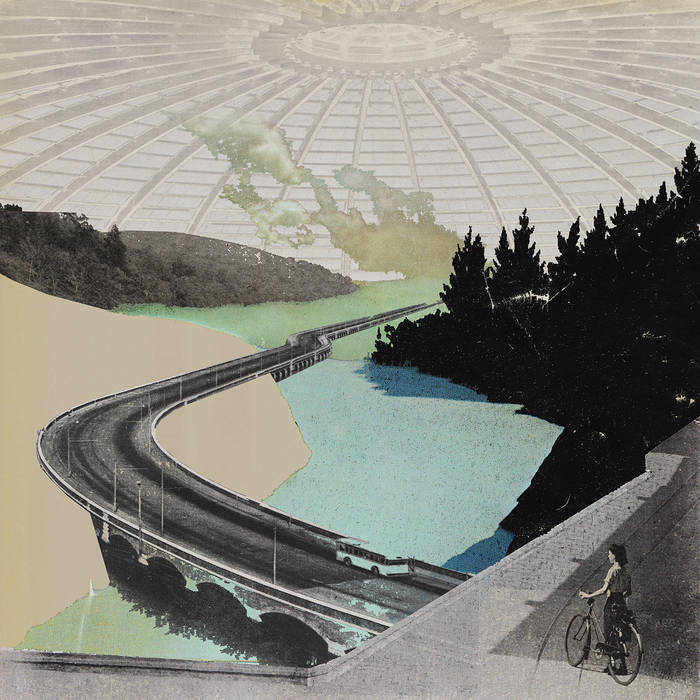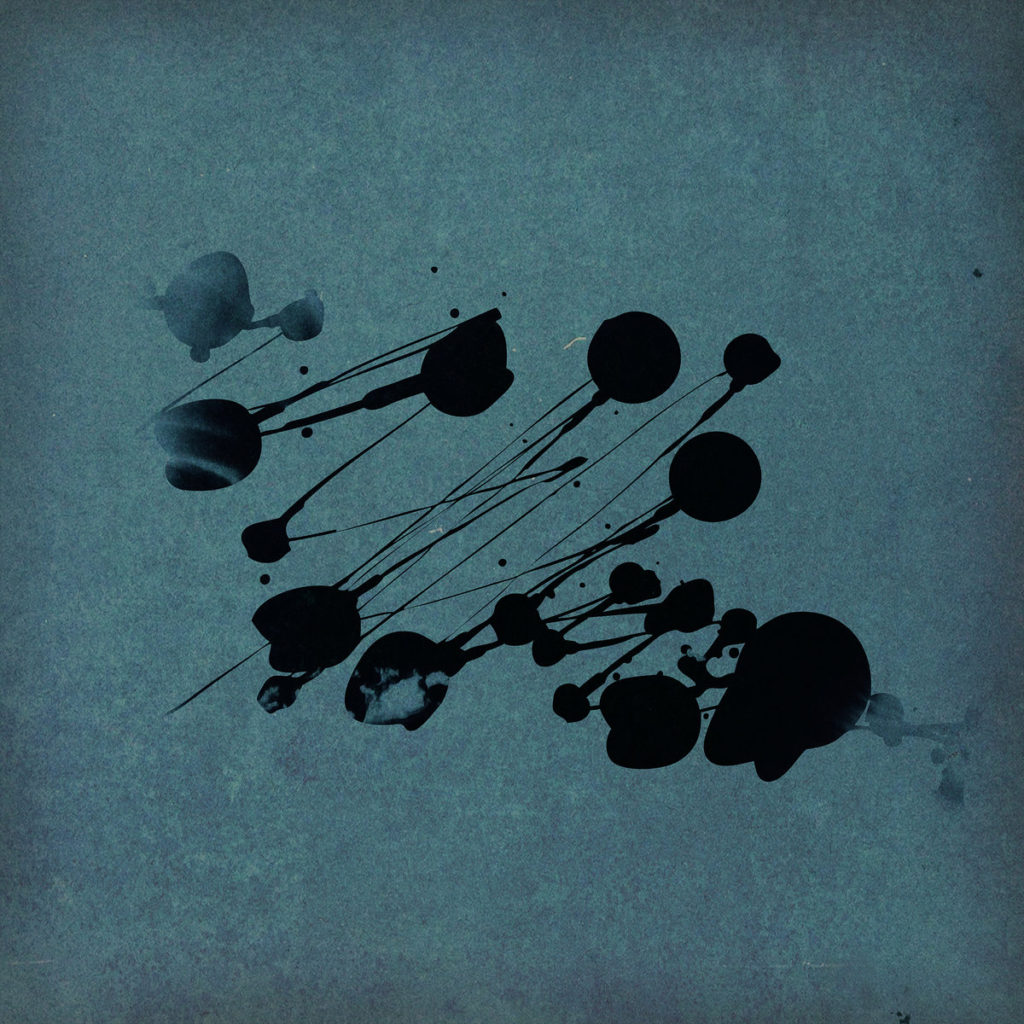“The world is a liar/ the stars are a must.” So whispers the iconic singer-songwriter Damien Jurado on the opener to The Monster Who Hated Pennsylvania, his 20th album and the first on his own label, Maraqopa Records. Jurado, by now, is infamous for his obliqueness, as well as his prolific songwriting; word has it he’s always got a few fully written LPs loaded in the barrel of the gun and ready to fire. Prolific tendencies aside, it’s that signature obliqueness that keeps The Monster Who Hated Pennsylvania moving. A collection of 10 beguilingly potent song-stories about individuals determined not to be broken by gray circumstance, Jurado avoids the familiar traps and pratfalls of the conceit, mainly through opaque lyricism that skews more toward Raymond Carver short-hand than Wordsworth poesy. The vast majority of the pieces are quite slight and intentionally under-produced. Don’t mistake slightness, though, for sparseness or bareness – Jurado continues to write devastatingly effective narratives whose key details, seemingly off-handed ones, even, can bring you to your knees.
Tracks like “Helena” and “Tom,” the album’s first two songs, really set the stage for The Monster Who Hated Pennsylvania. This outing was self-produced by Jurado and the first two tracks clearly lay out the expectations – while Jurado’s sometimes almost-inaudible acoustic shuffling is cut deep in the background, there are only sometimes details to flesh out the proceedings, like a bubbly, McCartney-esque bass and, on “Tom,” a buoyant little drum line. (Much of the record, it should be said, is bone-desert dry.) As always, Jurado’s emotive but understated vocal timbre sits front and center and he does a lot and shines brightest when he does more with less. Though he doesn’t mine much new ground on the new LP, the songs here are good ones, particularly the folksy ballad “Song for Langston Birch,” which yields to symphonic touches that are as lovingly nuanced as they are unexpected, and the somber “Hiding Ghosts.”
Then, there’s the crushing “Johnny Caravella,” arguably the record’s finest track. On an LP that sizes up itself with two- and three-minute fare, the song stands out for its nearly six-minute running time – but there’s much, much more to it than that. Its potent lyricism borders on a kind of feigned autobiography, and its presentation is profound and powerful. Jurado supplements soft-spoken gems “Eclipses are tea cups, and we’re drinking the moon ’til you’ve landed” and “Collecting the dimes ’til you’ve choked on the chains of your excess” with an unanticipated crescendo of feedback where, seemingly conjuring demons, he really belts out the words. (It’s the only moment on the LP where he sounds anything but composed.) The words that close the song are worth quoting at length, though Jurado may frown at the practice.
“And yes, I could say that I quit my whole life
Erasing my name at the top of the page
Moving my pen when the audience got too acquainted
I was tired, I was weak, and my jaw nearly broke
As I exited north the radio spoke
‘All is not lost even if you’re without a direction’
Go west, go west, 1972
The sun hasn’t set, the stars very few
Just stick around ’til the light pushes into the darkness.”
The Monster Who Hated Pennsylvania, for all the relative brashness of “Johnny Caravella,” is defined, though, by a kind of in-betweenness. For example of that, look to “Joan,” which features an acoustic refrain complete with well-timed hammers-on. But, Jurado, after mouthing short-breathed stanzas like “I was told/ I was no one/ Chained to you/ In my morning/ But here I am/ A better man/ To have known you” simply ends the song after a minute instead of digging deeper. As is often the case with Jurado, much that goes unsaid, indeed, says a lot.
The record, it should be noted, does have at least one nagging fault: it lacks a proper ending. Though Jurado may be commenting on the nature of his subjects with that decision, it still sounds less than conscious on a full-sitting listen, as the falsetto refrains and gentle strumming of “Male Customer #1” simply ends without fanfare. “Second chances/ There are no second chances/ The thrill of romance is gone,” he sings. It’s an ending you don’t see coming – and maybe not the one the record deserves. But Jurado tosses it off effortlessly and leaves you wondering why the stories led to that particular juncture. After all, if a Jurado record’s intention isn’t to get you to spin it again, what is it? — Justin Vellucci, PopMatters, June 4, 2021
-30-




